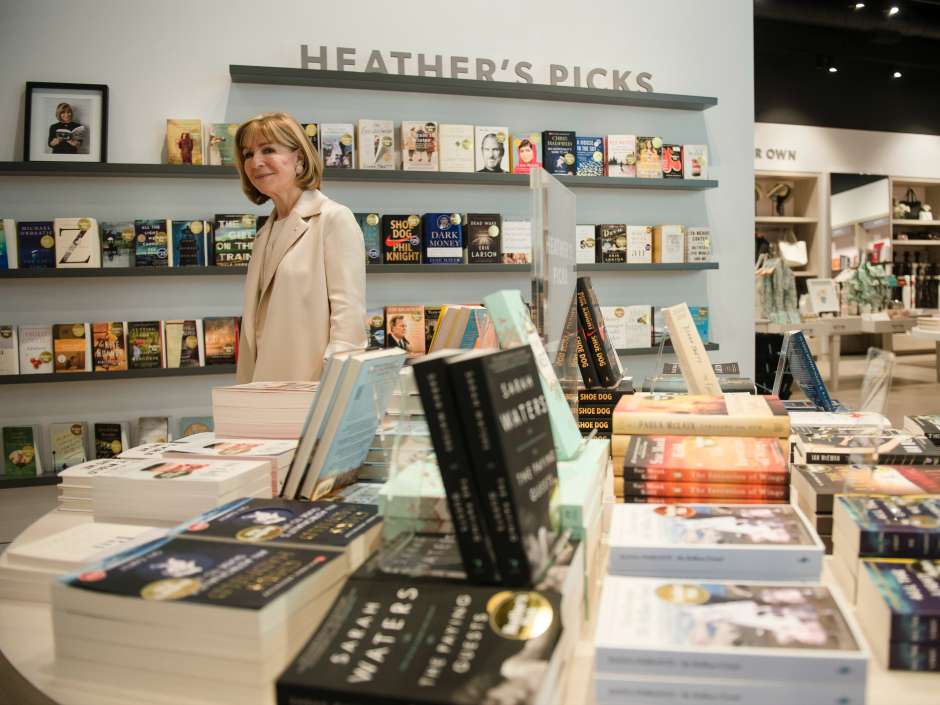The year is half over and we now have a sense on how bookstores, digital publishing and the book selling industry are faring. What are going to be the big trends for 2017?
Barnes and Noble
Barnes and Noble bookstore sales have remained flat this year, but the company may see more print sales in 2017 due to a few factors. Hastings books is closing 126 stores and Powell’s Books is facing an uncertain future due to rising corporate tax in Portland. With more bookstores poised to close, it may result in more foot traffic at B&N retail locations.
Barnes and Noble also plans on opening four concept stores and will have a full kitchen that serves hot meals and serve alcohol. This might result in more people going to the bookstore for lunch or reading a new book and chilling out for awhile.
Barnes and Noble will continue to cut costs in 2017 in their ailing Nook division. In 2016 the company closed their RND center in California, outsourced software design to India, closed their Nook App Store, Nook Video Store and UK e-Book Store. Severance pay will likely not see much of a Nook rebound in 2016, but with all of these cost cutting measures we might finally see Nook profitable, albeit on a very small scale.
Amazon
Amazon has opened a bookstore in Seattle, has plans on opening one in Portland and will expand to another location by the end of the year. The company is leveraging its massive supply chain to get new and emerging books inside their bookstores and monitors the entire pipeline using big data.
In 2017 Amazon will open around 50-100 stores because it is very cheap to have a very small retail location and even cheaper to have books delivered and keep the store shelves fully stocked. Amazon is very experienced with logistics and keeping inventory moving all over the US. They have distribution centers in every major city and spread out near every major shipping hub. If Amazon starts opening more stores in 2017, it could be a game changer.
Digital Publishing expert Mike Shatzkin believes that Amazon may purchase a big 5 publisher “because their valuations are going to suffer over the next few years, because the other four are fighting Penguin Random House as well as the overall circumstances.” Amazon’s ownership of a Big Five publisher “would stop in its tracks the notion that Barnes and Noble and the indies can boycott Amazon books,” he added. “It would be pretty hard for them to boycott a Big Five list.”
I also think that Amazon may end up signing up bestselling authors to their own series of imprints. They are doing this already in Germany with their new imprint Edition M. Why would a successful author want to belong to a major publisher anymore, when the bulk of their sales stem from Amazon and their royalties are quite low? This why most indies are now self-publishing on their own. If Amazon could encourage hybrid authors to ditch their publisher, sign up with them and Amazon will promote the hell out of them online and in their Amazon Books retail stores, suddenly Amazon Publishing is more attractive.
Indigo Books
Chapters Indigo is the largest bookstore chain in Canada and in the last financial quarter their profit soared to the highest its been in three years. Profit soared 60% as the company’s shift to general merchandise begins to pay dividends. Toys, Indigo Tech, American Girl, fitness and stationary now account for 40% of their entire revenue stream.
Investors are starting to pay attention to the bookseller and their shares have increased by over 18% in the last twelve months. In contrast, Barnes and Noble’s shares fell 46% during the same time period.
In 2017 Indigo is going to start renovating nearly every bookstore in the chain within the next 30 months, says chief executive officer Heather Reisman. “The fleet is old now, most have not had investment in a long time, so now we’re going to be investing all across the board,” said Reisman, speaking at the company’s annual general meeting in Toronto on Wednesday.
Indigo may also be expanding into the United States. “We’re looking at a couple of markets. We could find something in six months (or) because we need a cluster of stores, it could take two years. It’s on our horizon, we literally work on it all the time, but it’s a thorny issue, so who knows?”
Michael Kozlowski is the editor-in-chief at Good e-Reader and has written about audiobooks and e-readers for the past fifteen years. Newspapers and websites such as the CBC, CNET, Engadget, Huffington Post and the New York Times have picked up his articles. He Lives in Vancouver, British Columbia, Canada.

